We’re excited to introduce you to the always interesting and insightful Soukaina Alaoui El Hassani. We hope you’ll enjoy our conversation with Soukaina below.
Alright, Soukaina thanks for taking the time to share your stories and insights with us today. Learning the craft is often a unique journey from every creative – we’d love to hear about your journey and if knowing what you know now, you would have done anything differently to speed up the learning process.
Most of my learning came from doing a lot of research and garnering as much experience in the field as possible. Whenever a friend of mine wanted to make a movie, I offered my services and tried to combine the general knowledge I had about management with my love and passion for film production.
Knowing what I know now, I wish I had started making my scripts sooner. I would always get in my head about producing my own films because I always believed they had to reach a degree of perfection that was quite frankly unattainable. I recently picked up my own scripts and couldn’t believe how much I enjoyed re-reading them. I wish I had believed in myself more and just done it. A lot of people think that they need all of these skills, but when you just start out, the whole point is to keep trying again and again until you get it right. No matter how skilled I get at making movies, I always have to be open to growth and learning and that’s the attitude I take with me on and off set every day!
The most essential skills to have in production are organization, communication, and focus. Staying organized allows you to assuage some anxieties with regards to getting a whole cast, crew, props, costumes, locations, and any other essential part of a production together. For it to go smoothly, you’ve got to be on top of it. Communication is also a huge key factor in production. To be able to communicate directly with your team is essential. Nothing should get lost in translation, which is why over-communication and triple checking on my sets is an absolute must. Focus is a tricky one only because there is an ebb and flow to the love story you have with a film you are shooting. Sometimes in that relationship, you get frustrated and annoyed and lose your connection to the work. But if you keep yourself focused on the goal, that love comes back as strong or stronger than the first time you connected with the work.
The biggest obstacle that stood in my way is my fear of failure. I sometimes wish I had the courage to believe in my work the same way I believe in other people’s works. And then I see what I do for other people and I’m impressed with myself. I fear failing myself and my stories that are filled with my vulnerabilities. As a fairly private person, it’s hard to put yourself out there and risk exhibiting your deepest fears.

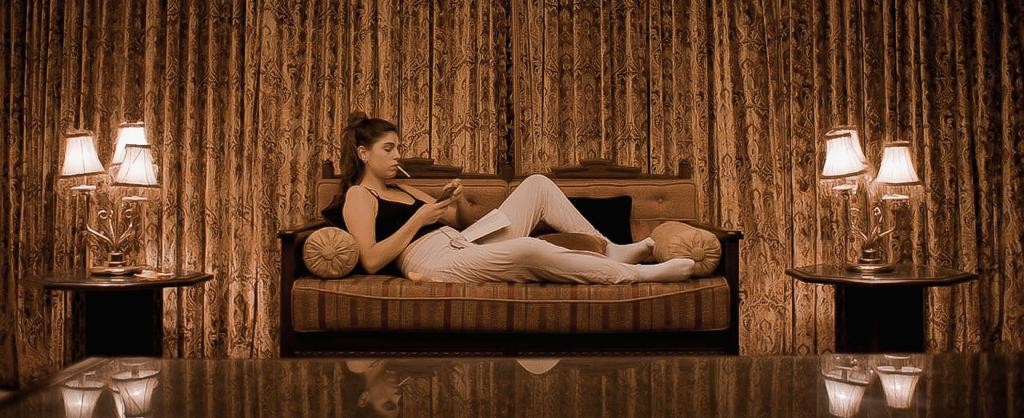

Great, appreciate you sharing that with us. Before we ask you to share more of your insights, can you take a moment to introduce yourself and how you got to where you are today to our readers.
I was born in the developing metropolis that is Casablanca, Morocco. I grew up in a culture that was heavily influenced by oral tradition and storytelling. I first got into film because a friend of mine asked me if I could AD for one of his films. Now what he didn’t know was that I had wanted to break into the industry for a long time now but I just didn’t know how to do it. When he offered me the job, I knocked it out of the park, and ever since then, I became the producer for all of his movies. I completed my bachelor’s in Communication at Fordham University with a concentration in TV and Film and a Master’s degree in News & Documentary from New York University.
As a film Producer, I figure out all of the logistics needed to make a film. I organize the hell out of my productions by creating calendars, budgets, run of shows, and strategies so that pre-production, production, and post-production can run smoothly. I take care of casting, contracts, and bookings as well! I have to be a problem solver, on and off set and so far I haven’t met a problem I couldn’t solve. I don’t limit myself to narrative film. I also work on television and web series, creative video production using different tech mediums, and documentaries.
The work that I am most proud of is my documentary about the struggles of unwed mothers in Morocco called Children of Sin (2023). Recently, a character in my film passed away. Aicha Chenna was an icon of Moroccan feminism, championing unwed mothers and their children. This piece made me particularly proud because it aligned with the kind of work I eventually want to specialize in. I want my work to focus on challenging systemic injustice and on shattering stereotypes about women, Arabs, and Muslims.
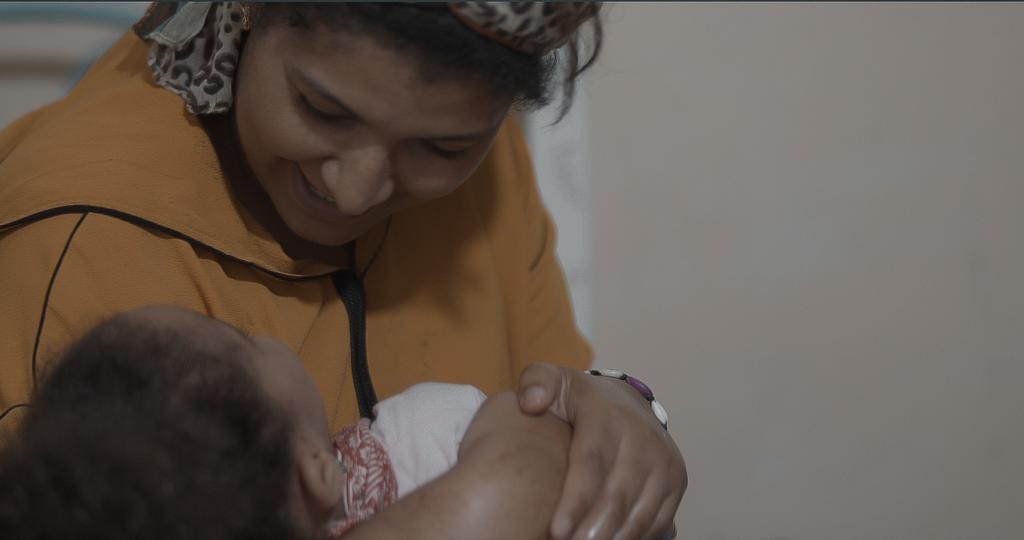
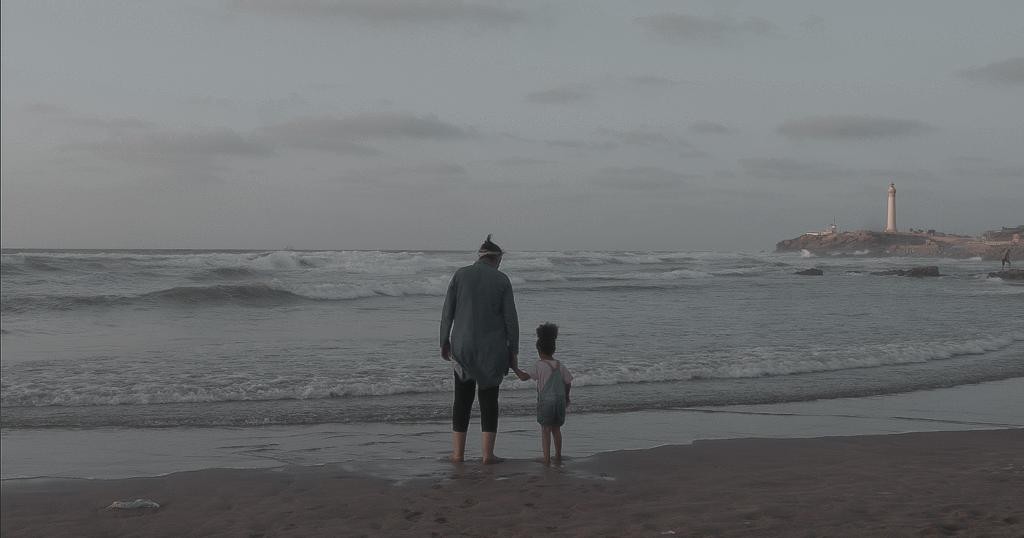
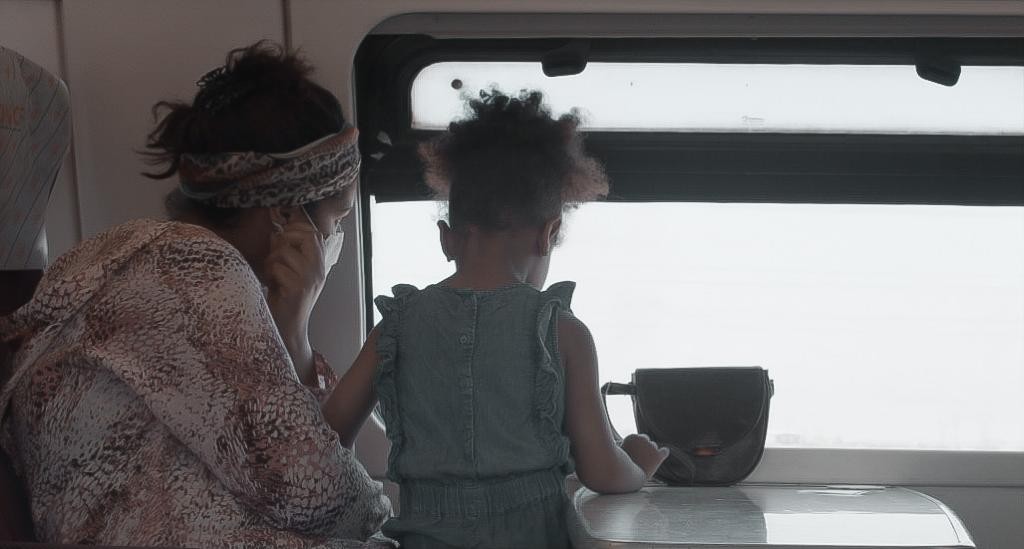
In your view, what can society to do to best support artists, creatives and a thriving creative ecosystem?
The best way to support artists is by providing them with a safe space that allows them to work through their ideas. One of the biggest challenges I faced was trying to figure out how to allow myself to use my identity and vulnerabilities in my work. I struggled to get my stories out there is that I couldn’t find space for a Muslim or Arab women’s story to be heard.
Making space for stories that are out of the norm and creating an artist community are two of the best things society can do to support creatives. My artist community helped me find my voice. That and more funding of course.
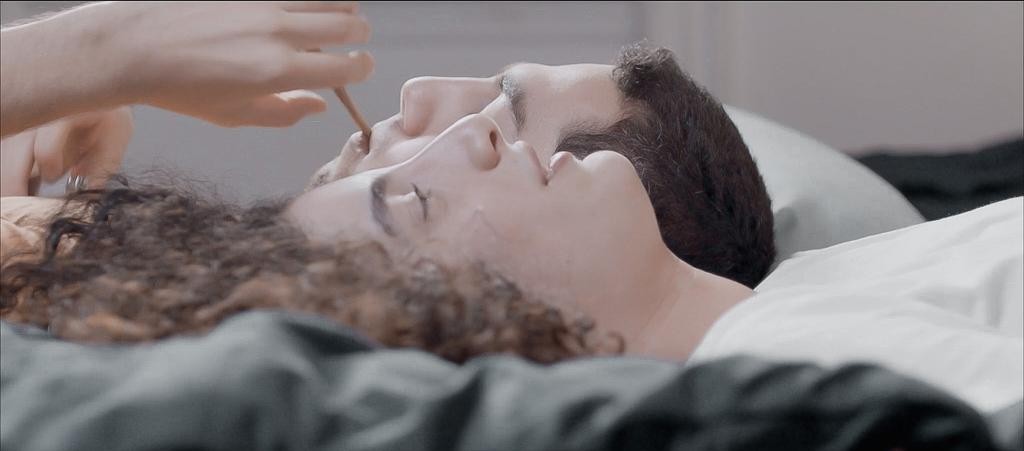
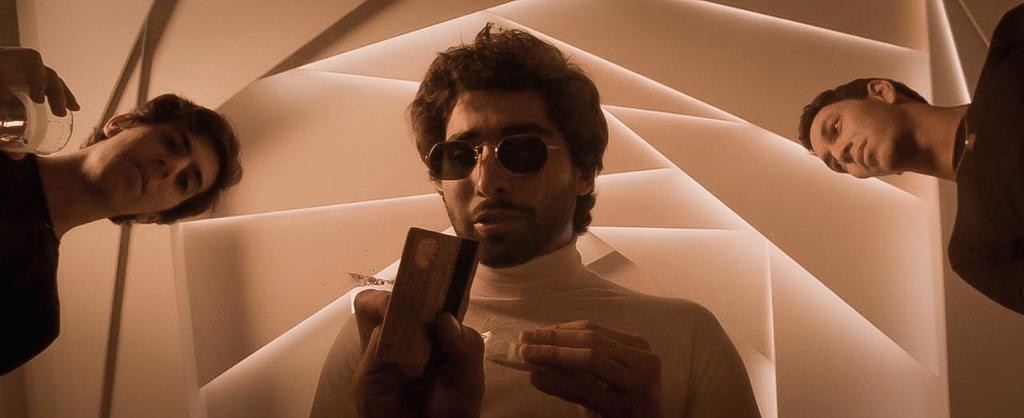
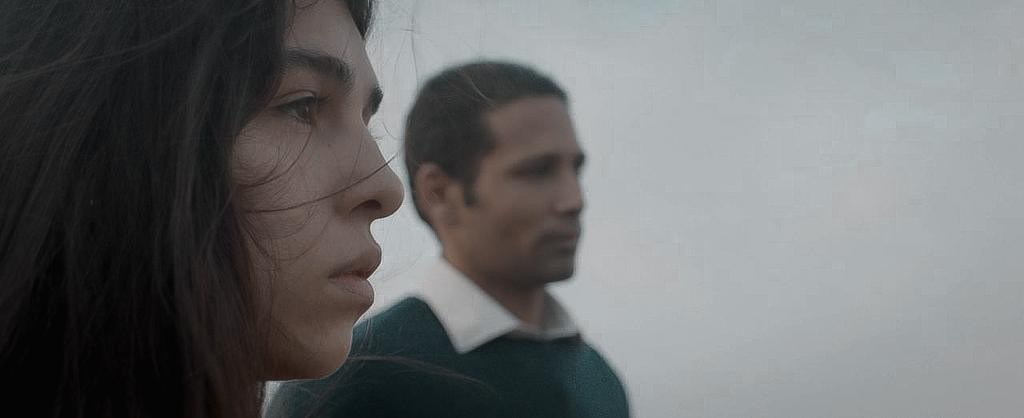
Is there something you think non-creatives will struggle to understand about your journey as a creative?
I believe a lot of non-creatives don’t understand the importance of entertainment.
To them, I say, when the world shut down because of a global pandemic, who did you turn to?
Contact Info:
- Website: https://www.saelhassani.com/
- Instagram: https://www.instagram.com/slicksooks/
- Facebook: https://www.facebook.com/salaouielhassani
- Linkedin: https://www.linkedin.com/in/salaouielhassani/
- Twitter: https://twitter.com/SoukainaAEH
- Other: IMDB: https://www.imdb.com/name/nm13032603/ STAGE 32: https://www.stage32.com/profile/1018495/about


